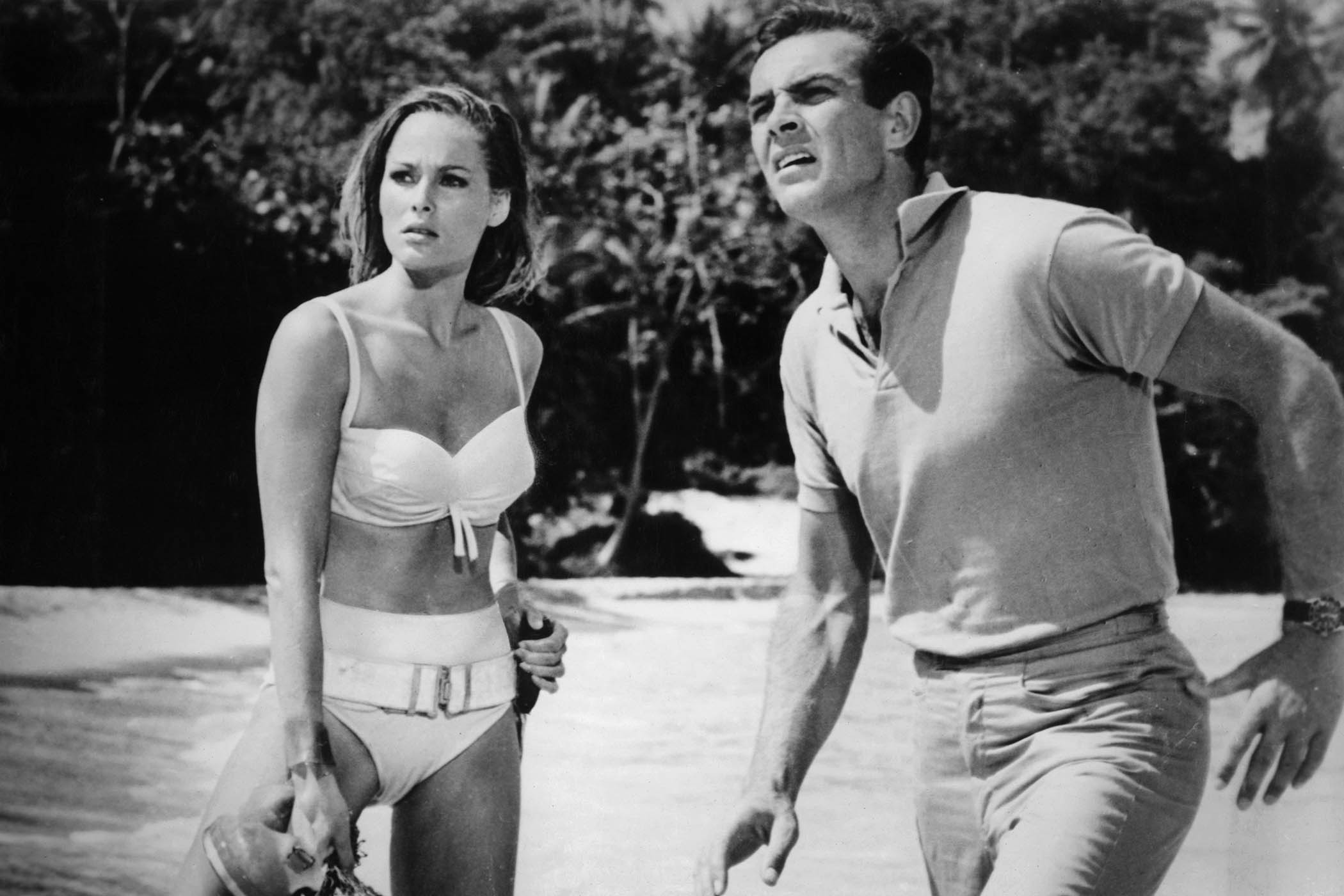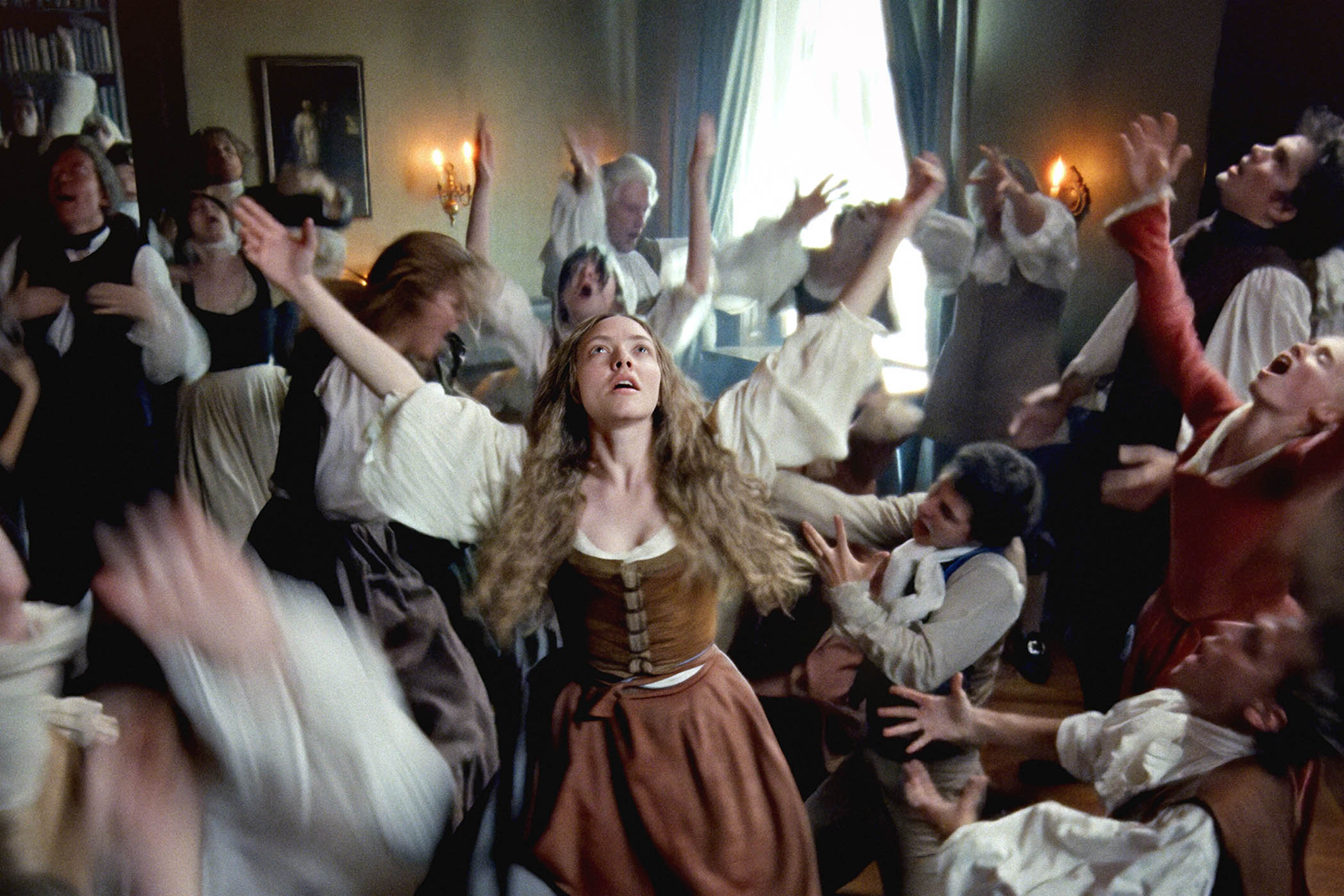It takes a certain kind of woman to have the poise and confidence to drink red wine while wearing an impeccable white trouser suit. And Yale philosophy professor Alma (an impressive, flinty performance by Julia Roberts) is most certainly that woman. Unassailable in her ice-queen linens, she glides above the clumsy intellectual parries of her grad students, occasionally pausing to deliver a killer conversational blow. Alma is untouchable. Or at least she believes herself to be.
But then she finds herself caught in the middle of a departmental scandal: Maggie (Ayo Edebiri), a PhD student and Alma’s protege, accuses one of Alma’s colleagues of sexual assault. What complicates matters is that the man in question, Hank (Andrew Garfield), is Alma’s close friend. As Alma attempts to keep her distance, she begins to realise that, however she plays it, this is the kind of situation that will leave a stain.
The latest film by Call Me by Your Name director Luca Guadagnino, After the Hunt is a slippery, high-stakes drama that explores cancel culture through a lens of distancing cynicism. It’s a clever, provocative work; the screenplay, by newcomer Nora Garrett, is elegantly treacherous and unreliable, seeding doubts into the stories of all involved. In a way, the film takes on the traits of the characters in the story: it has a combative, showy kind of intelligence and is not particularly likable. And it is perhaps not always as smart as it thinks it is. That said, there is a savagery to the storytelling that is bracing – in this, the picture has a kinship with Todd Field’s Tár – and top-tier performances from an impressive ensemble cast.
The film takes on the traits of the characters: it has a combative, showy kind of intelligence and is not particularly likable
The film takes on the traits of the characters: it has a combative, showy kind of intelligence and is not particularly likable
Roberts is remarkable. Alma’s is the kind of magnetism that both attracts and repels; her casual cruelty, in particular to her psychiatrist husband Frederik (Michael Stuhlbarg), is part of her appeal. Edebiri’s Maggie is smitten by her professor; she copies small details – the matching rouge noir manicure, the clothing choices (Maggie she, too, favours white linen), the gold chain and pendant. But we start to wonder, as the story unfolds, just how far Maggie would go to turn herself into Alma’s facsimile. Hank – charming, flirtatious Hank – is the type of man who never saw a boundary he didn’t feel compelled to transgress.
Garfield is so tactile in his scenes with Roberts that it feels as though his character is deliberately goading the long-suffering Frederik. Stuhlbarg’s performance is a symphony of passive-aggressive point-scoring. The singsong intonation of his line delivery is a masterstroke of characterisation; it’s a voice that might calm a tightly wound patient, but when used with his wife seems whiny and pleading.
Like the emasculated husband in Anatomy of a Fall, Frederik uses music as a weapon, blasting out a choral work by John Adams (“my beloved Adams!”) as an assault on his hungover wife. Guadagnino has used Adams’s compositions before, notably excerpts from The Chairman Dances in I Am Love. But here his music, some of which is taken from the opera The Death of Klinghoffer, has an added significance. Adams drew charges of antisemitism for Klinghoffer; he subsequently complained of being “blacklisted” in his native US.
There are cancelled or contentious artists scattered throughout the film: the soundtrack also features Morrissey (racial insensitivity) and Miles Davis (violence against women). And in a pointed reference, the film’s title sequence borrows the distinctive font (Windsor Light) and white-on-black design from the films of Woody Allen. Guadagnino has said that this is a nod to the influence of the Crimes and Misdemeanors period of Allen’s work, but it’s hard not to think about the writer-director’s brushes with cultural radioactivity. It can all feel a little on the nose at times, especially when combined with discussions of the character flaws of the men whose work is taught, and Alma’s lectures on Michel Foucault’s theory of the panopticon and a self-policing society.
Guadagnino could hardly have anticipated it, but the concerns that the film addresses are now starting to feel dated – perhaps a better title might have been After the Event. The fast-moving current of campus politics has flowed on. And in the era of Donald Trump and diversity, equity and inclusion purges, the world of academia has issues to worry about beyond cancel culture. A coda touches upon this, with a final encounter between two of the central characters and an acknowledgment that, ultimately, scandals fade and some careers are Teflon-coated.
Photograph by Amazon MGM Studios
Newsletters
Choose the newsletters you want to receive
View more
For information about how The Observer protects your data, read our Privacy Policy



